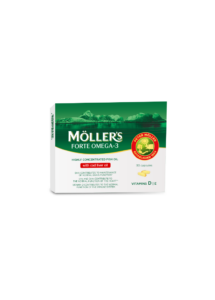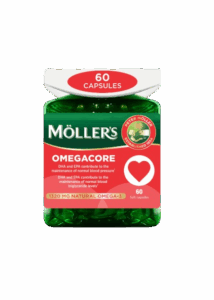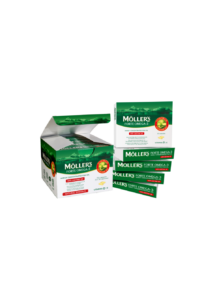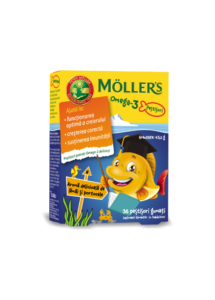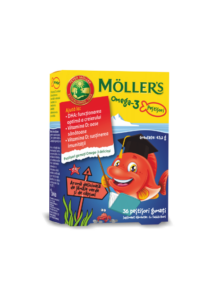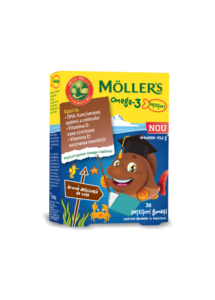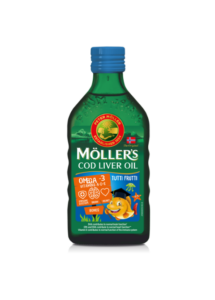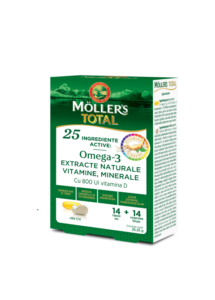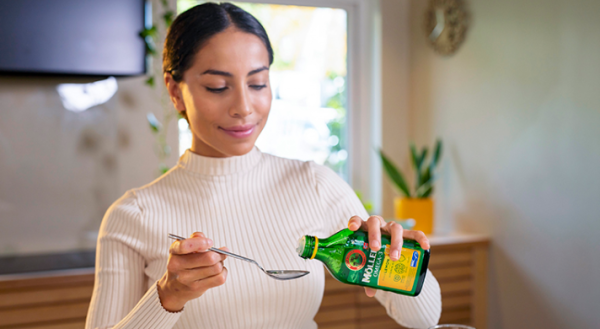Tijekom trudnoće, malo što zaokuplja pažnju kao briga za malu bebicu u trbuhu. Ujedno učite puno novih stvari, primjerice koji su vitamini potrebni vašoj bebi za pravilan razvoj.
Home » Koji su vitamini važni u trudnoći?
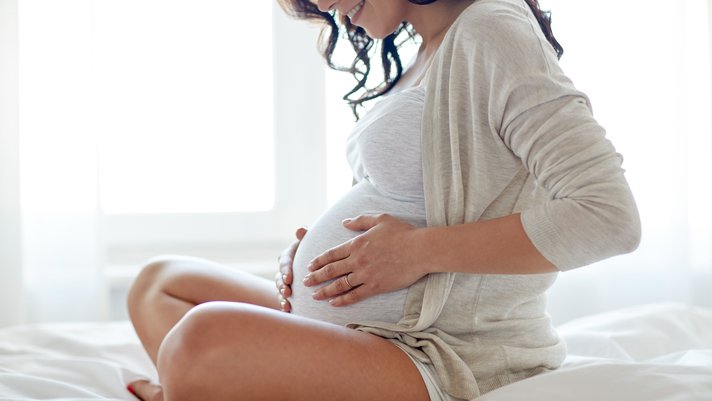
Trudnicama su potrebni dodatni vitamini
Žensko je tijelo posebno dizajnirano za trudnoću te za opskrbu djeteta hranjivim tvarima tijekom trudnoće i dojenja. Trudnoća je prirodan proces koji se odvija i kontrolira vaše tijelo gotovo bez vašeg truda, osim da joj se prepustite i uživate. Uglavnom se možete držati istih prehrambenih preporuka kao i opća populacija, odnosno raznolike i zdrave prehrane koja zadovoljava potrebe za vitaminima. Međutim, određeni nutrijenti zahtijevaju dodatnu pažnju zbog ograničenih izvora u prehrani.
Folna kiselina prije i tijekom trudnoće
Zdravstvene institucije preporučuju dodatak folne kiseline ukoliko planirate trudnoću te tijekom prvog tromjesečja trudnoće. Preporuka od 400 mikrograma folata dnevno temelji se na činjenici da folat smanjuje rizik od defekata neuralne cijevi, poput spine bifide kod bebe. Nedostatak folata može uzrokovati i druge prirođene poremećaje tijekom razvoja živčanog sustava ploda. Folna kiselina najčešći je oblik folata koji se koristi kao dodatak prehrani jer je stabilna. Folat se prirodno nalazi u zelenom povrću poput špinata, brokule, kelja i prokulica. Također, dobar izvor su proizvodi od cjelovitih žitarica, bobičasto voće i citrusi.
Vitamin D za imunitet i razvoj kostiju
Također je važan vitamin D, koji se prirodno proizvodi u koži pod utjecajem sunčevih zraka. Nažalost, u sjevernim područjima izloženost suncu je ograničena. Prehrambeni izvori vitamina D su ograničeni na masnu ribu, žumanjak, riblju jetru i riblju ikru. Neke namirnice, poput obranog mlijeka, obogaćene su vitaminom D.
Postoji bliska veza između vašeg unosa vitamina D i razine tog vitamina kod novorođenčeta. Vitamin D ključan je za funkcioniranje imunološkog sustava, apsorpciju i korištenje kalcija i fosfora, što je iznimno važno za očuvanje vaših kostiju te razvoj kostiju vaše bebe.
What is good health?
Do you have a good lifestyle?
Lifestyle simply means the way in which you live. Health and lifestyle go hand in hand. You might feel you have a good lifestyle if you are physically active, eat healthily and generally experience a sense of wellbeing. Conversely, if you want good health you should also have a good lifestyle.
Physical activity is the major contributor to a good lifestyle, but diet, drugs, stress, sleep and social conditions are also play an important role. Being able to use the body properly to avoid injury also affects lifestyle. Physical activity can also prevent depression and help you to recover more quickly from mental illness, both of which obviously affect your lifestyle.
Diet can be a difficult topic for many. Perhaps you eat too much or too little or maybe you find it hard to know what foods to combine to have a balanced diet. It’s also important to eat food that contains important vitamins, minerals and dietary fibre, omega-3 and antioxidants. On top of all this, you also need to get enough energy, protein and the correct fatty acids. The requirement for these nutrients changes throughout your life. When you are older you also have different requirements than children and younger adults. Women also have different requirements than men. Pregnant and breastfeeding mothers also have special requirements.
When you get older, you lose muscle mass and your body requires less energy and therefore less food. You may lead a less active life than you did before, which is why you require less food. However, your need for minerals, vitamins and other nutrients remains the same. Of course, there are plenty of healthy and active older people, but when you reach 70 to 80 years of age, it’s easier to become ill, especially during flu season.
Some steps you can take to improve your lifestyle and health are to:
- eat a healthy and varied diet
- stay active
- watch your weight
- avoid too much alcohol and don’t smoke
- get enough sleep
- think positive
- practise good hygiene
What is good quality of life?
The World Health Organisation (WHO) defines quality of life as a state where the individual can realise their potential, cope with normal stressful situations, work in a rewarding and positive way, and be able to contribute to others and society.
Quality of life is a wide and somewhat diffuse concept that includes joy in, and a desire for, life. These are values that are rather felt than measured, which in turn are based on personal environment and choices. Quality of life doesn’t necessarily depend on being healthy or sick. It’s the moments between worries, sorrows, problems and ailments that matter. For example, if you have a chronic illness, a feeling of mastery can be important when talking about quality of life.
To sum up, quality of life is a combination of health, lifestyle, networks and social support. It’s about experiencing joy, meaning in life, satisfaction, security and a sense of belonging, as well as being able to use your strengths. It’s also about feeling interest in life, coping with everyday situations and a being committed to something or someone. If you have good quality of life, you will be able to cope better with the inevitable stressful situations in life.
Naši proizvodi
MÖLLER'S FORTE OMEGA 30 kapsule
MÖLLER'S OMEGACORE
MÖLLER'S FORTE OMEGA 150 kapsule
MÖLLER'S OMEGA 3 RIBICE s okusom NARANČE I LIMUNA
MÖLLER'S OMEGA 3 RIBICE s okusom JAGODE
MÖLLER'S OMEGA 3 RIBICE s okusom COLE
MÖLLER'S OMEGA 3 ULJE JETRE BAKALARA s okusom TUTTI FRUTTI
MÖLLER'S OMEGA 3 ULJE JETRE BAKALARA s okusom LIMUNA
MÖLLER'S TOTAL
Saznajte više
Zašto Möller’s? Pouzdan i kvalitetan izvor omega-3 iz Norveške
imunitet omega-3
Dobro zdravlje, stil života i kvaliteta života – što to zapravo znači?
Ulje jetre bakalara ZDRAVO STARENJE
Ulje jetre bakalara i vaš imunološki sustav
imunološki sustav Ulje jetre bakalara
Pronađite inspiraciju na našem Instagramu
This error message is only visible to WordPress admins
Error: Access Token is not valid or has expired. Feed will not update.
